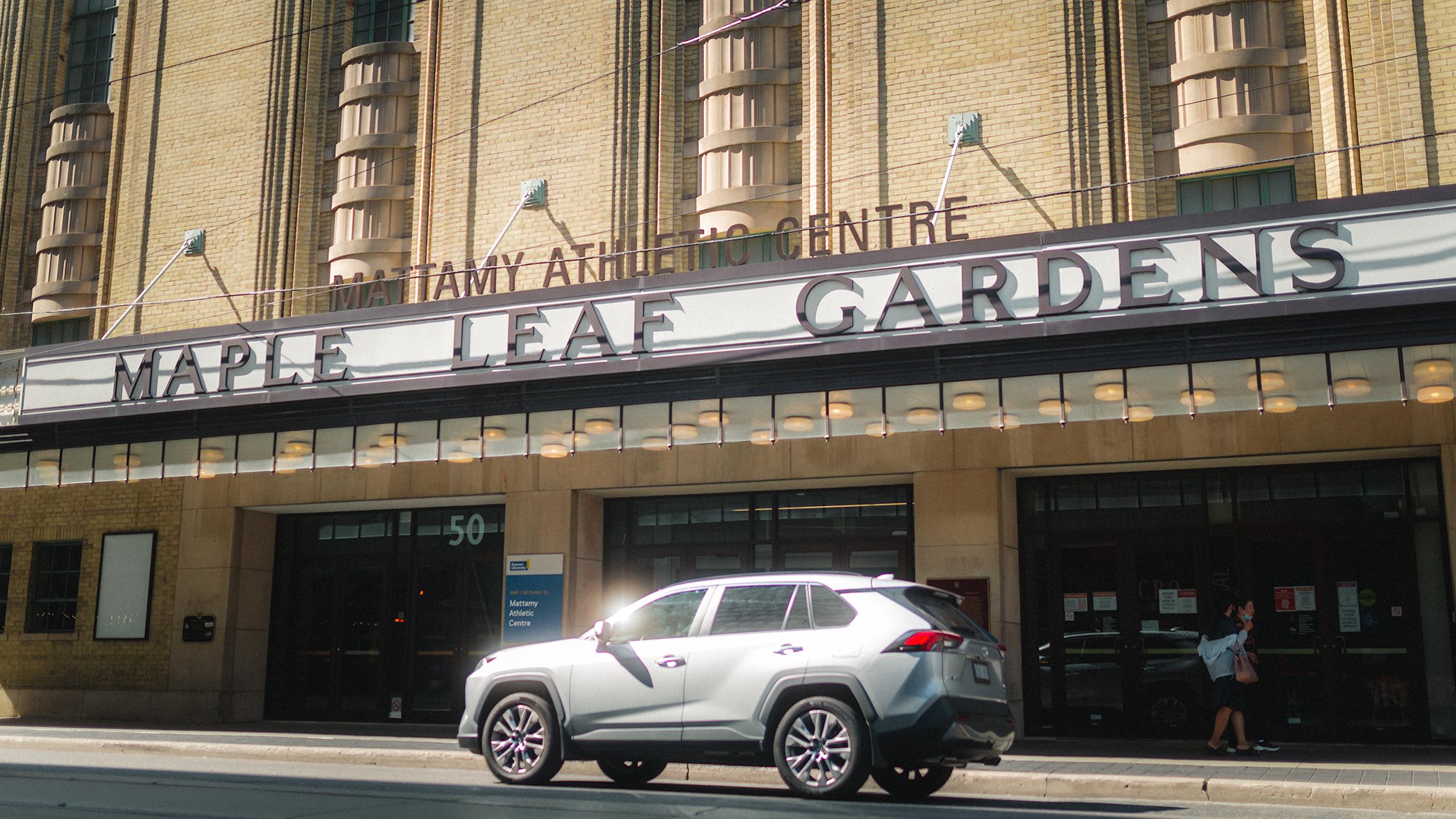By Eli Savage
The Eyeopener reached out to Ryerson athletics but they did not respond in time for publication. This article will be updated online with their comment.
Ryerson officially reopened the Mattamy Athletic Centre (MAC) earlier this month with strict protocols to reduce the risk of COVID-19 transmission.
With new implementations in place, students must now perform a symptoms and risk screening before entering.
They are also expected to maintain a two-metre distance from others at all times, meaning “spotting”—assisting someone as they perform an exercise—will no longer be permitted.
Masks and face coverings are mandatory in all non-activity spaces and strongly encouraged in activity spaces.
To use the facility, you must sign a waiver acknowledging the risk of participating in “university activities” both on and off campus.
Signing the waiver means you agree to give up your right to “any and all” future legal claims against the university.
The waiver also releases the university from liability for damages to the household members of anyone who signs.
Additionally, signing means you agree to pay Ryerson’s damages and legal fees in cases where a third party sues Ryerson for contracting COVID-19 through you.
This means that if you contract the virus as a result of Ryerson’s negligence and then transmit the virus to another person, you are responsible to compensate Ryerson’s legal fees and damages should that third person sue the university.
“If anything, they do a little bit extra to make me feel safe there”
This is possible because the waiver contains a clause invoking third party indemnification. To indemnify is to accept the liability of another party.
Hilary Young, an associate professor of law at the University of New Brunswick who reviewed the waiver, concluded that parts of it were not legally enforceable, specifically a clause in which you agree that none of your household members may sue Ryerson.
“You can’t waive other people’s rights. You can only waive your own rights—that’s pretty fundamental to contracts. You can only bind yourself, you can’t bind others. So that’s just clearly not enforceable.”
The announcement was published by Ryerson athletics on Aug. 7, describing the “first phase” of reopening.
The plan also included measures to protect students and ensure proper contact tracing.
The MAC operates in 90-minute timeslots where up to 25 people can work out at one time. Students must register for timeslots in advance. There is also a 30-minute break between timeslots for workers to disinfect equipment and surfaces.
“You can’t waive other people’s rights…that’s just clearly not enforceable”
On whether or not students should sign, Young said that if a student is just looking for a recreational facility, they’re better off going to the YMCA.
Tyler Mullins, a second-year business management student, has gone to the MAC seven times since its reopening.
Mullins said he “briefly skimmed” through the waiver he signed. However, he didn’t have any concerns during his visits to the MAC.
“Every single time I’ve went I’ve felt safe,” he said. “I think if anything, they do a little bit extra to make me feel safe there.”
Felimon Henok is a third-year nutrition student and has worked as a facilities supervisor at the MAC for the past year. He doesn’t see much of an issue in students using the gym in spite of the pandemic.
“It would be silly not to use [the MAC],” he said. “I think the gym is an essential part of our health. If we’re not healthy, the more [COVID-19] will impact us.”
The MAC is the first recreational facility to open at Ryerson. However, the university’s announcement notes the same guidelines are expected to be implemented at Ryerson’s Recreation and Athletic Centre.












Leave a Reply